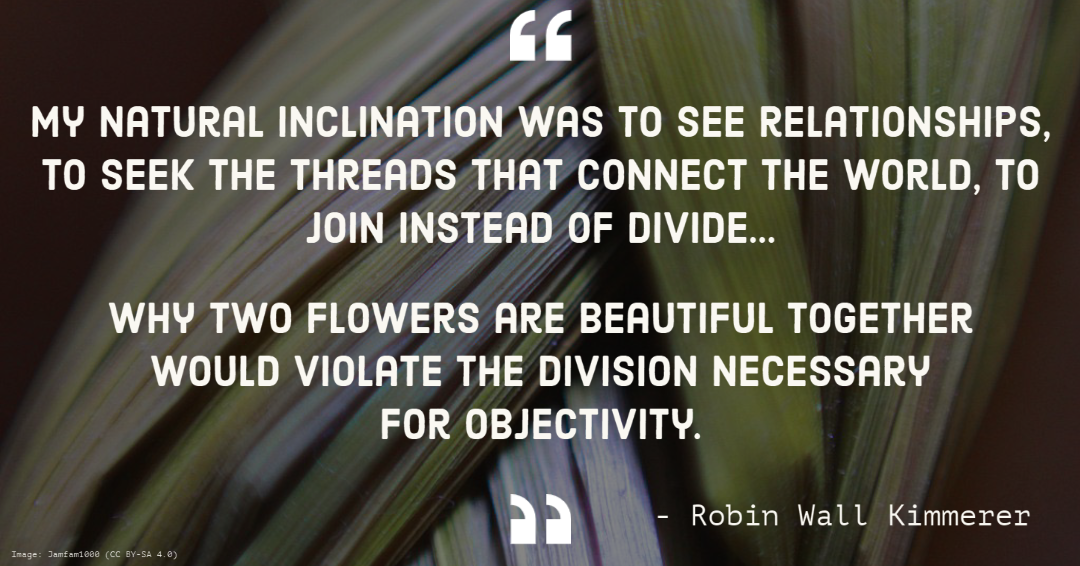Hi, my name is Tom Archibald, Associate Professor at Virginia Tech and board member of the Eastern Evaluation Research Society (EERS). I’ve been thinking a lot about recent calls to transform evaluation. For example, we have:
- Blue Marble Evaluation’s Transformational Alignment Principle based on the premise of transforming evaluation to evaluate transformation
- The Equitable Evaluation Initiative principles on how evaluative work must transform to be in service of equity
- Tom Schwandt’s articulation of post-normal evaluation, evoked by this excellent recent aea365 post by Ichhya Pant, yet another stark indictment of the business-as-usual of ‘normal evaluation’
- Twende Mbele’s superb webinar, ‘What is Meant by Transforming Evaluation for Africa’ unpacking phrases like ‘Made in Africa Evaluation’, ‘Indigenous Evaluation’ and ‘Decolonizing Evaluations’
The theme of EERS’s 2021 online conference (May 3-4) is perfectly aligned with these calls for transformation in evaluation: Capacity, Complexity, Collaboration. In this post, I’ll share some tips, resources, and lessons that highlight the pertinence of this theme for transformation, hopefully enticing you to join us in May to learn more.
On Capacity
Research on evaluation capacity building continues to be one of the most prolific areas of research on evaluation, including this new (open access) Canadian Journal of Program Evaluation paper, “Toward an Evidence-Based Approach to Building Evaluation Capacity,” by Btissam El Hassar and colleagues. Worldwide institutions—such as EvalYouth, CLEAR, and the Global Evaluation Initiative—are developing individual, organizational, and national evaluation capacity in innovative ways.
Linking capacity with the transformative post-normal moment, Zenda Ofir offers ten vital competencies for post-normal evaluation, including: boundless curiosity, constructive uncertainty, and complex ethics—bringing us to the next element in the EERS 2021 theme.
On Complexity
Much has been written on complexity in evaluation. Michael Quinn Patton’s developmental evaluation, Bob Williams’ compilation of systems concepts and tools, Jonny Morrell’s work on Social Causality with Agents using Multiple Perspectives, USAID’s complexity-aware monitoring, and Handling Complexity in Policy Evaluation from UK’s Centre for the Evaluation of Complexity Across the Nexus all come to mind, among others.
Those are all rad resources, but my most recent reflective lesson about complexity came from Robin Wall Kimmerer in Braiding Sweetgrass: Indigenous Wisdom, Scientific Knowledge and the Teachings of Plants:
My natural inclination was to see relationships, to seek the threads that connect the world, to join instead of divide. But science is rigorous in separating the observer from the observed, and the observed from the observer. Why two flowers are beautiful together would violate the division necessary for objectivity. I scarcely doubted the primacy of scientific thought. Following the path of science trained me to separate, to distinguish perception from physical reality, to atomize complexity into its smallest components, to honor the chain of evidence and logic, to discern one thing from another, to savor the pleasure of precision.
-Robin Wall Kimmerer

I am grateful to indigenous evaluation scholars such as Nicky Bowman, Carolee Dodge Francis, Nan Wehipeihana, and Bagele Chilisa, among others who help me embrace this type of complexity thinking in my work.
On Collaboration
Capacity to embrace complexity for transformation grows through collaboration—collaboration among evaluators, between evaluators and program implementors, and amid people representing all different walks of life and ways of knowing and being. In evaluation, we now have a great rad resource from Brad Cousins, Collaborative Approaches to Evaluation: Principles in Use. Going beyond that I wonder what new collaborations are out there, waiting, to spark the next wave of transformation in evaluation.
Do you have questions, concerns, kudos, or content to extend this aea365 contribution? Please add them in the comments section for this post on the aea365 webpage so that we may enrich our community of practice. Would you like to submit an aea365 Tip? Please send a note of interest to aea365@eval.org. aea365 is sponsored by the American Evaluation Association and provides a Tip-a-Day by and for evaluators.

Wonderful post Tom, thank you! All of the resources in one place, I do appreciate it!